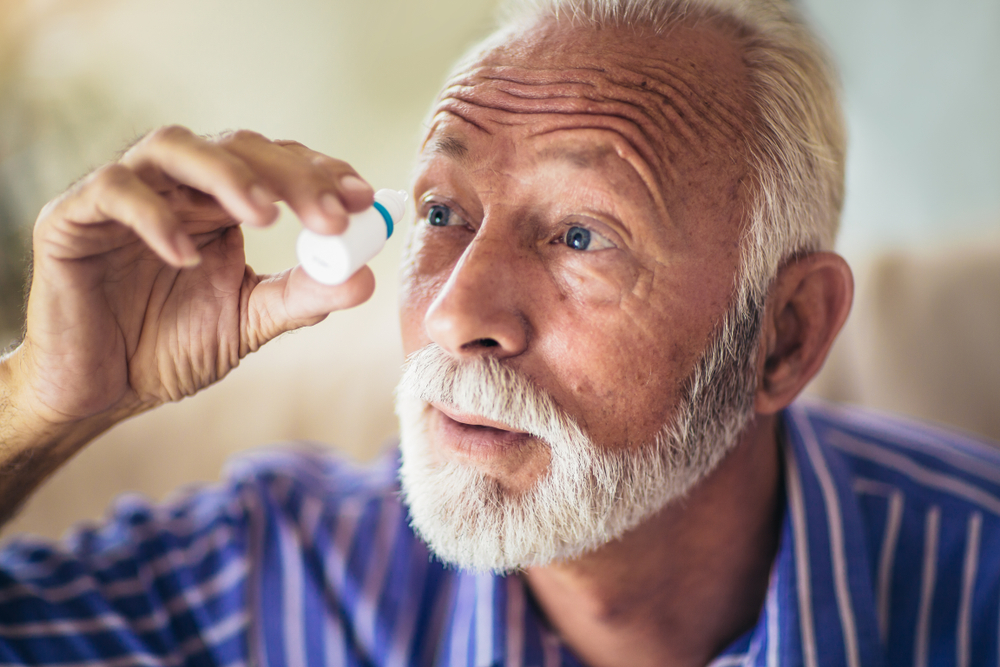
The American Society on Aging understands how aging can affect the different senses. Every person goes through aging. Age-related eye conditions are part of this process. Here are the details that your family must consider about aging and the eye ailments that go with it.
How Aging Affects the Eyes
Aging is often attended by weakening eyes and vision. Even so, you can practice and nurture habits to prolong your eye and vision health. Lifestyle and diet changes can help. Regular eye checks can allow you to get the right treatments earlier.
Epiphora or Watery Eyes
This is also known as tearing. This can be a result of wind, temperature, and light sensitivity. You must protect your eyes by wearing wraparound sunglasses. A blocked tear duct or eye infection can cause watery eyes too. Older people with dry eye syndrome can suffer from eye irritation easily.
Presbyopia
Older people often lose the ability to see small print or close objects. This eye condition is called presbyopia. It is a normal part of aging that happens over time. Changes may start to surface by age 30 or 40. You may find yourself only able to read a book by holding it at least a foot away from you. Tired eyes or headaches may occur while doing close work or reading. You can use bifocals or reading glasses if you have this eye condition.
Dry Eye Syndrome
You may know this age-related eye condition as keratoconjunctivitis sicca. This is when your tear glands can no longer produce the right quality or quantity of tears. You may experience eye itching and a degree of vision loss. Your eye doctor can recommend a humidifier in your home. Artificial tears can help replace natural tears. Severe cases of dry eyes may need surgery to close the tear ducts. This can prevent the evaporation of low-quality tears.
Flashers and Floaters
These are small specks or dots that float around your line of vision. Most older people see them outdoors or in a well-lit room. These floaters or flashers may be normal for some people. But they can also be symptoms of more serious eye ailments, such as retinal detachment. If you notice that the spots or flashes are changing, you must see your eye doctor right away.
Cataracts
This condition is characterized by the clouding of your natural lens or lenses. Clear, natural lenses allow light to reach the back of the eye. This allows your eyes to process clear images. If you have a cataract, the clear lenses become cloudy.
This age-related eye condition happens slowly. It does not cause redness, pain, or tearing. Some cataracts do not obstruct vision. Others thicken or enlarge enough to block your vision. Surgery is the main treatment for this eye condition. The procedure involves removing the cloudy natural lens and replacing it with a clear, artificial one.
Understanding common age-related eye conditions can help you and your family prevent, slow, or treat them early. At Gulf Coast Vision, we ensure our patients get high-quality eye care products and services. Feel free to drop by our clinic in Gulfport, Mississippi, for an in-person consultation. Call 228-262-0266 to set an appointment or ask about our aging eye care packages.








